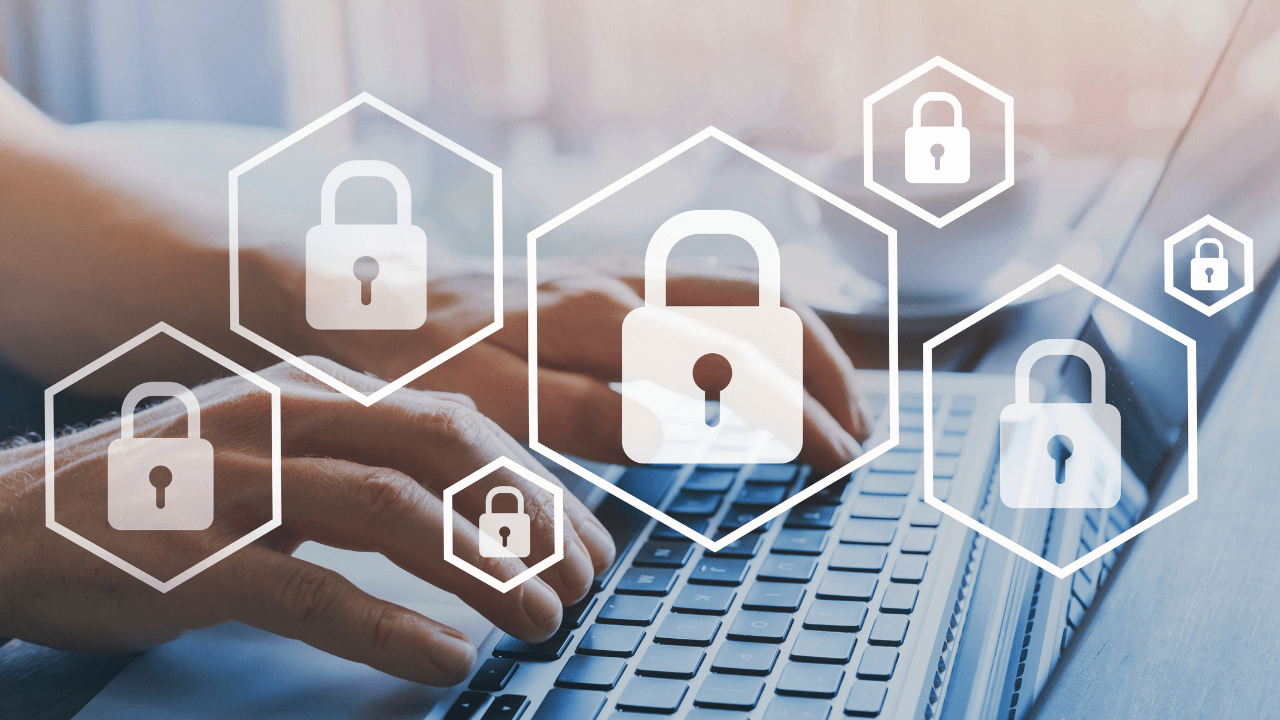A recent white paper outlined that a majority of students – 82% of those surveyed – prefer some of their courses take place online. As institutions continue to adjust to hosting fully remote courses and programs, they must carefully consider the experience students have, including exam proctoring.
In this blog, we explore common barriers students face in taking higher education online exams and innovative solutions and technology tools institutions can use to address these challenges.
Security in Test Proctoring is a Top Priority
Maintaining the security and integrity of online exams is a critical concern. Institutions must ensure that students are not cheating. Solutions to enhance exam security include:
Proctoring Technologies: Implement advanced online proctoring tools that use AI to monitor student behavior during exams.
Identification Verification: Implement robust identity verification practices. Some proctoring solutions, like YuJa Verity, offer a simple verification process that doesn’t require extra tools yet gives institutions peace of mind when it comes to academic integrity.
Consider a Lock Down Feature: With a Lock Down feature, instructors can help prevent cheating during proctored tests by disabling new tabs and the clipboard, closing open tabs, and offering a list of links students are allowed to access during a test. The options are customizable for each proctored exam.
Provide Time Management and Flexibility for Students
Many students face challenges managing their time effectively during online exams. To address this, institutions can consider:
“While online education offers unprecedented opportunities for accessibility and flexibility, addressing barriers to online exams is crucial for ensuring a fair and effective assessment process.”
Extended Time Options: Provide flexible time frames for exams to accommodate students with different time-management needs.
Schedule Breaks: Allow short breaks during longer exams to reduce fatigue and enhance concentration.
24/7 Accessibility: Enable students to take exams at times that align with their peak performance hours.
Technological Barriers Must Be Addressed Promptly
Online exams often require a stable internet connection, access to specific software, and compatibility with various devices. Technological barriers can impede students who lack reliable internet access or possess outdated devices.
To address this, institutions can:
Offer Technical Support: Offer a dedicated support team to assist students with technical issues before and during exams.
Provide Flexible Exam Formats: Allow for different exam formats to accommodate students with varying technological capabilities.
Implement Digital Literacy Programs: Introduce digital literacy courses to equip students with the necessary skills for online assessments.
While online education offers unprecedented opportunities for accessibility and flexibility, addressing barriers to online exams is crucial for ensuring a fair and effective assessment process. By planning for and working through common barriers, institutions can create an online learning environment that fosters success for all students.









